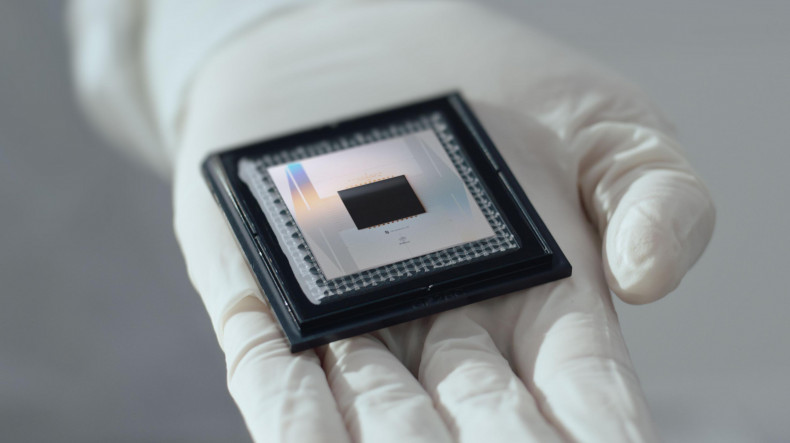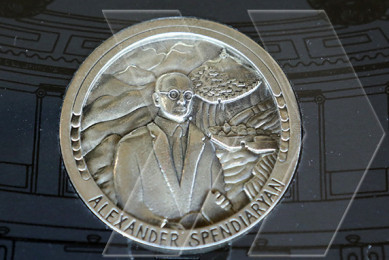
Google unveils new quantum computing chip
Google has unveiled a new chip which it claims takes five minutes to solve a problem that would currently take the world's fastest super computers ten septillion – or 10,000,000,000,000,000,000,000,000 years – to complete, BBC News reports.
The chip is the latest development in a field known as quantum computing - which is attempting to use the principles of particle physics to create a new type of mind-bogglingly powerful computer.
Google says its new quantum chip, dubbed "Willow", incorporates key "breakthroughs" and "paves the way to a useful, large-scale quantum computer."
However experts say Willow is, for now, a largely experimental device, meaning a quantum computer powerful enough to solve a wide range of real-world problems is still years - and billions of dollars - away.
The quantum quandary
Quantum computers work in a fundamentally different way to the computer in your phone or laptop.
They harness quantum mechanics - the strange behaviour of ultra-tiny particles - to crack problems far faster than traditional computers.
It's hoped quantum computers might eventually be able to use that ability to vastly speed up complex processes, such as creating new medicines.
There are also fears it could be used for ill - for example to break some types of encryption used to protect sensitive data.
In February Apple announced that the encryption that protects iMessage chats is being made "quantum proof" to stop them being read by powerful future quantum computers.
Hartmut Neven leads Google's Quantum AI lab that created Willow and describes himself as the project's "chief optimist."
He told the BBC that Willow would be used in some practical applications - but declined, for now, to provide more detail.
But a chip able to perform commercial applications would not appear before the end of the decade, he said.
Initially these applications would be the simulation of systems where quantum effects are important
"For example, relevant when it comes to the design of nuclear fusion reactors to understand the functioning of drugs and pharmaceutical development, it would be relevant for developing better car batteries and another long list of such tasks".
Newsfeed
Videos






























